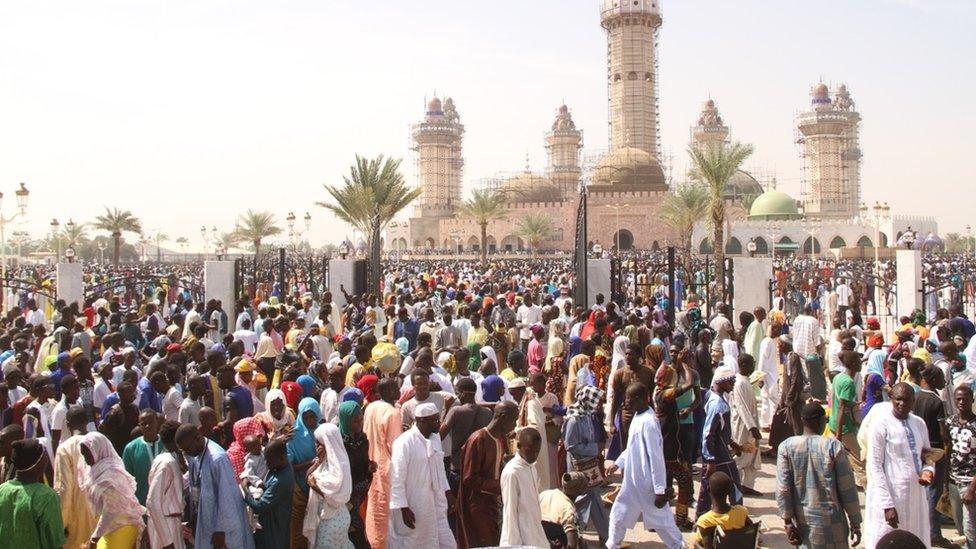
The Grand Magal of Touba, one of Senegal’s most significant religious and social events, is officially scheduled for August 13, 2025, marking Safar 18, 1447 in the Islamic calendar.
The Mouride religious commission announced the date, signaling the start of nationwide mobilization to honour Sheikh Ahmadou Bamba, the revered founder of Mouridism.
Each year, millions of pilgrims converge on the holy city of Touba to commemorate Sheikh Bamba’s enduring legacy. This year, an estimated five million faithful are expected to participate, transforming the city into a bustling hub of spiritual devotion and vibrant cultural exchange.
More than a religious observance, the Grand Magal is a massive logistical undertaking. Authorities, Mouride associations, local communities, and private partners are pooling resources worth billions of CFA francs to ensure security, health services, sanitation, transportation, and food supply run smoothly throughout the festivities.
The event’s scale has earned comparisons to the Hajj, reflecting its profound spiritual significance and widespread popular fervor. The Magal also showcases deep intergenerational solidarity and community engagement, as religious centers (daaras) and family heads prepare months in advance to welcome pilgrims.
The Magal’s timing, set by lunar observation rather than the Gregorian calendar, commemorates Sheikh Ahmadou Bamba’s exile to Gabon in 1895 under colonial rule. This tradition adds a layer of sacred authenticity to the celebrations.
With August 13 approaching, preparations are intensifying across Senegal. Pilgrim convoys are being organised, awareness campaigns launched, and temporary infrastructure installed. Health officials are ramping up preventative measures against seasonal illnesses, while security forces focus on ensuring smooth traffic and maintaining order.
The 2025 Magal will also attract foreign delegations, religious dignitaries, and international observers eager to witness this extraordinary event. For Touba, the challenge remains to host millions with dignity while balancing the demands of safety, health, and spiritual reverence.



